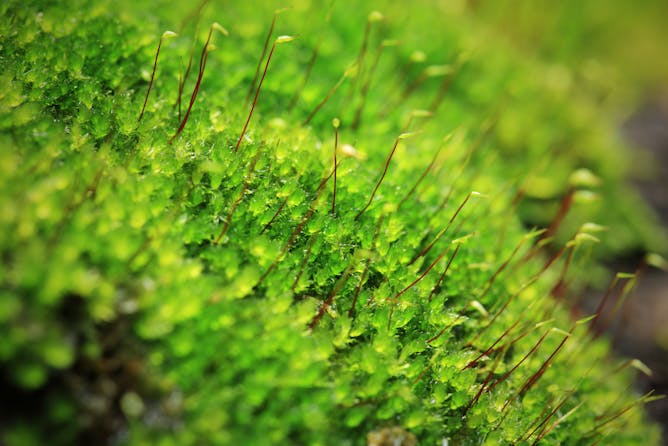|
|
|
Editor's note
|
|
If like me you live in a city like London, you’ll be used to hearing about how multicultural and diverse it is. But many spaces in the city are segregated. You may not notice if you’re not used to thinking about it. But if you regularly go to the big theatres, art galleries, opera houses, ballets, you can often count the number of black and minority ethnic people in the audience on one hand. I know, because I do. And that’s before you take a look behind the curtain. It was great to work with Roaa Ali, who researches how institutions reproduce or mitigate ethnic inequalities, on this long read looking at myths around cultural creation, how concepts of “high art” keep the club closed
and why the term “diversity” is now seen by some as part of the problem. And when people like grime artist Stormzy challenge the system itself, the outrage speaks volumes.
Financial trading bots have replaced many humans on trading floors, but once live on the markets they start behaving in unexpected ways – much like humans might. And looking back to 500 million years ago, researchers have discovered the genes that first enabled plants to colonise the land and change life on Earth.
|
Jo Adetunji
Deputy Editor
|

|
|
Top stories
|

You’re great, just don’t get too big for your boots.
Ben Houdijk/Shutterstock
Roaa Ali, University of Manchester
Why shouting diversity just doesn't cut it if the system is designed to keep people out.
|

Automated for the people.
WhiteMocca
Christian Borch, Copenhagen Business School
Once algorithms go live on markets, they start behaving in ways that programmers could not have foreseen.
|

Mosses are among the closest living relatives to Earth’s first land plants.
Arnon Polin/Shutterstock
Alexander Bowles, University of Essex
New research has pinpointed the genetic boost behind one of the biggest transformations of life on Earth.
|
Politics + Society
|
-
Gill Margaret Hague, University of Bristol; Raminder Kaur, University of Sussex
The British Honours system and its link to empire is outdated and inappropriate, it must change.
-
Regina Smyth, Indiana University
Russia's cabinet resigned Wednesday, and it looked like an unexpected move. But a Russia scholar says it is part of a plan by leader Vladimir Putin to maintain power after he leaves office.
-
Bamo Nouri, City, University of London
Iraqis have taken to the streets to protest against the foreign interference – by both Iran and the US – in their country.
|
|
Science + Technology
|
-
Leonard Schalkwyk, University of Essex; Jonathan Mill, University of Exeter
Research suggests that scientists' understanding of biological age may not be as robust as we thought.
-
Tracie McKinney, University of South Wales; Marie Nicole Pareja Cummings, University of Pennsylvania
Ancient frescoes suggest Europe and south Asia had trade links as long as 3,600 years ago.
|
|
Business + Economy
|
-
Enrico Bonadio, City, University of London; Luke McDonagh, City, University of London
Car makers need access to the latest telecoms technology, but Nokia refuses to grant licenses because manufacturers won't pay up. So the disputes begin...
|
|
Arts + Culture
|
-
James Zborowski, University of Hull
In converging two timelines to retell Little Women, Greta Gerwig's writing and direction create emotions in the audience that made her deserving of an Oscar nomination for direction
|
|
Environment + Energy
|
-
Darren Evans, Newcastle University
The ecological costs of huge, repetitive, high-severity wildfires on ecosystems could be colossal.
|
|
| |
Featured events
|

|
Aston Triangle, Birmingham, Birmingham, B4 7ET, United Kingdom of Great Britain and Northern Ireland — Aston University
|

|
Room SLB/118, Spring Lane Building, Campus West, York, York, YO10 5DD, United Kingdom of Great Britain and Northern Ireland — University of York
|

|
Bowland Auditorium, Berrick Saul Building, Campus West, York, York, YO10 5DD, United Kingdom of Great Britain and Northern Ireland — University of York
|

|
Room ENV/005, Environment Building, Campus West, York, York, YO10 5DD, United Kingdom of Great Britain and Northern Ireland — University of York
|
|
|
|
| |
| |
| |
| |
| |
|
|
|
|
|
|
|